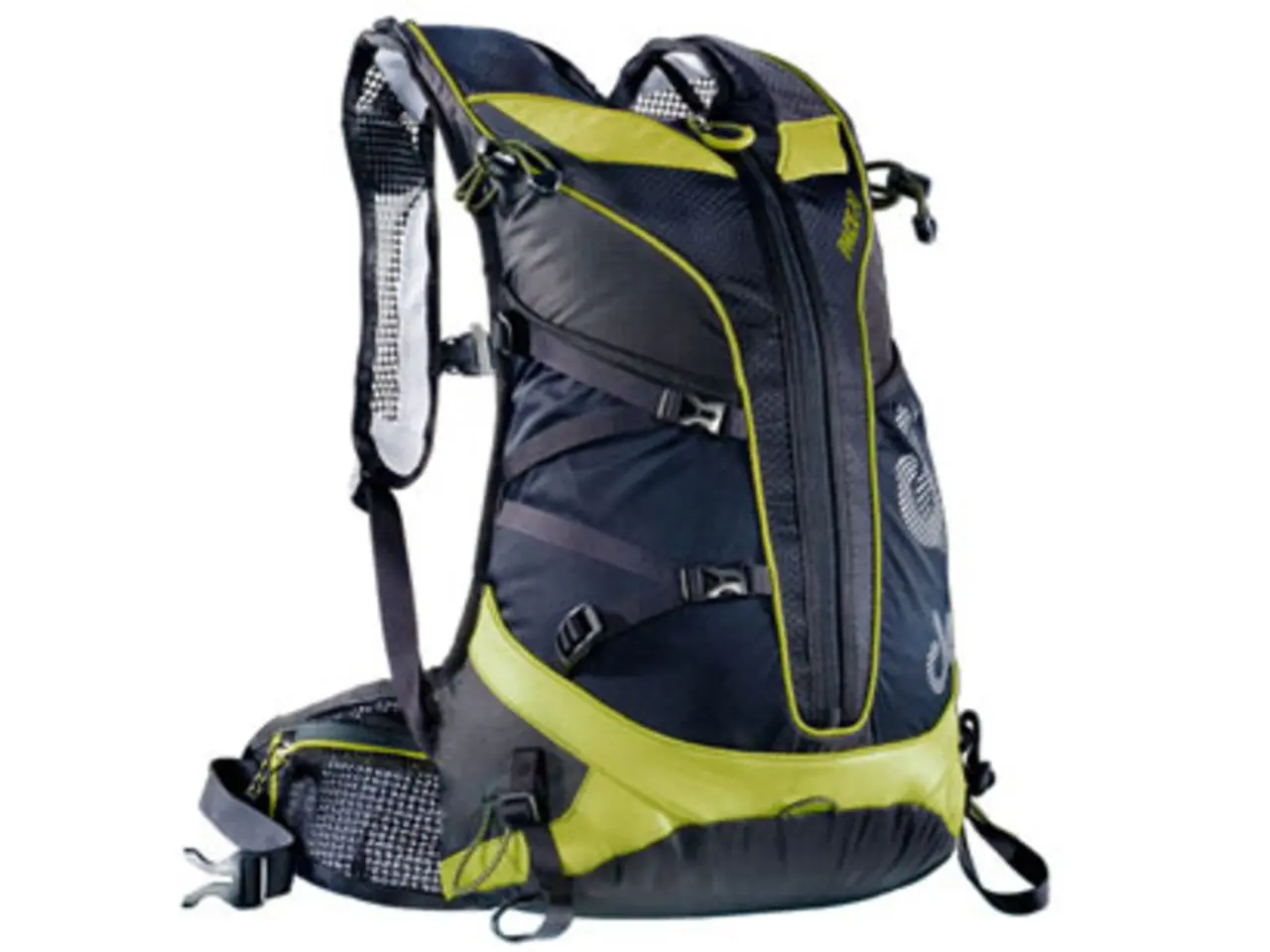Europe's Scorching Heatwave: Crucial Info for Every Tourist
Staying Safe During Europe's Extreme Heatwave: A Travel Guide
As Europe swelters under an intense heatwave, it's crucial for travelers to take extra precautions to ensure their safety. Here are some key tips to help you navigate the scorching temperatures and stay healthy while exploring the continent.
1. Stay Hydrated
Drinking plenty of water is essential to combat dehydration. Carry a reusable water bottle with you to ensure constant access to water. Avoid beverages with dehydrating effects like alcohol and caffeine.
2. Avoid Peak Heat Hours
The hottest period of the day is usually midday. To reduce the risk of heat exhaustion, plan indoor activities or rest during these hours. Consider scheduling sightseeing before 3 pm and avoid physically taxing activities in the late afternoon.
3. Use Cooling Aids
Personal fans or cooling towels soaked in water can help lower your body temperature. These aids can be particularly useful during travel.
4. Verify Accommodations
Before booking or arriving at your accommodation, ensure it has functioning air conditioning. A cool place to rest and recover from the heat is essential.
5. Monitor Local Weather Updates
Stay informed about local weather updates, heat alerts, and wildfire risks. Continuously check government websites, emergency apps, and official sources like @112Greece for specific regions.
6. Prepare for Wildfires
In fire-prone areas like southern Europe, Greece, and Türkiye, be prepared for sudden evacuations. Pack an emergency 'grab bag' with important documents, medications, and essentials.
7. Be Flexible
Be prepared to change your plans based on the weather forecast. Extreme heat can make activities dangerous, so it's important to adjust your itinerary as needed.
8. Know the Symptoms of Heat Illness
Symptoms of heat exhaustion include heavy sweating, cold, pale, and clammy skin, fast and weak pulse, nausea, vomiting, muscle cramps, tiredness or weakness, dizziness, headache, and potential passing out. If these symptoms occur, seek immediate medical help.
9. Take Extra Care
Older travelers or those with health conditions should take extra care by limiting exertion and following local safety advice.
10. Stay Informed About Closures
Before visiting a popular destination, call ahead to confirm it's still open during the heatwave. The Eiffel Tower's summit, for instance, has been closed due to the heatwave.
11. Travel Insurance
Travel insurance can help get your money back if a trip is cancelled or rescheduled due to issues like wildfires.
The World Meteorological Organization reports a strong high-pressure system is trapping dry air from northern Africa, leading to above-average temperatures in Western Europe, Central Asia, and North Africa. Unfortunately, this heatwave has caused widespread effects, including the closure of tourist attractions and a blackout in Italy due to a surge in electricity use for cooling devices.
Approximately 2,300 people died of heat-related causes across 12 European cities from June 23 to July 2. Heat stroke, a medical emergency, is characterized by a body temperature of 104 degrees or higher, fast, strong pulse, hot, red, dry or damp skin, headache or dizziness, nausea, confusion, and potential passing out. If an individual experiences heat stroke, call for emergency medical help right away and move them to a cooler place with fans, misting, or wet cloths. They should not be given anything to drink.
By planning ahead with these precautions, travelers can reduce health risks and remain safe while visiting Europe during extreme heat conditions.
1. Mental Health Considerations
In the midst of a travel adventure, it's essential to prioritize mental health. City-dwellers and nature lovers alike might find crowds and noise overwhelming during peak tourist seasons. Practicing mindfulness techniques, such as deep breathing exercises, can help manage stress levels and maintain a positive outlook.
2. Environmental Science and Sustainability
Travel offers opportunities to learn about the impact of climate change on Europe's unique landscapes. Consider visiting environmental-science centers, taking part in clean-up initiatives, or attending seminars to deepen your understanding of the continent's ecosystems and ways to protect them. Adopt eco-friendly habits, like reducing water waste and using reusable bags, as part of a sustainable lifestyle.
3. Health-and-Wellness Tips for a Relaxing Retreat
After a day of sightseeing, unwind with wellness practices to rejuvenate both mind and body. Travel to coastal regions known for health-and-wellness spas and sanctuaries, seeking out therapies like yoga, aromatherapy, and hydrotherapy to achieve holistic pampering. When returning home, continue prioritizing self-care for overall health and well-being.





